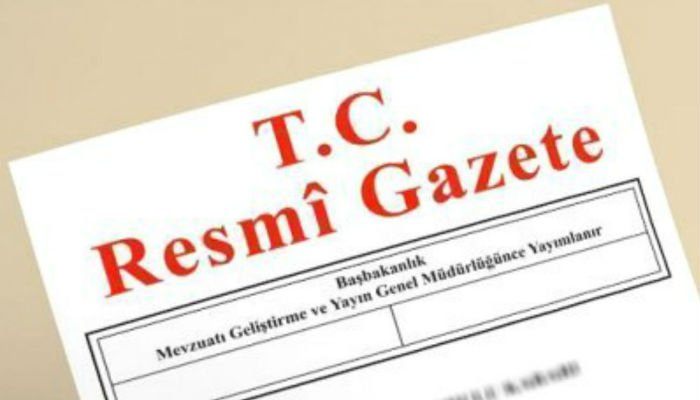The Turkish government has issued two new state of emergency decrees, known as KHKs, dismissing 3,974 people including 484 academics from state institutions while banning matchmaking programs on TV, the state-run Anadolu news agency reported.
According to the report 1,037, including a general from the Turkish military, 1,127 from the Justice Ministry, 216 from the Ministry of Health, 56 from the Gendarmerie, 120 from the Coast Guard and 201 from the Religious Affairs Directorate (Diyanet) were dismissed, the highest figures in the new KHKs.
The scholarships of 59 exchange students who were studying abroad, mostly in the US and the UK, have also been cancelled with the new decree.
Eighteen foundations and 13 health associations were shuttered by the decree. Fourteen associations were also closed, while five were allowed to reopen.
Similarly, 236 people who were previously dismissed were allowed return to their posts.
According to a report issued in March by the main opposition Republican People’s Party (CHP), 4,811 academics have been dismissed from 112 universities across the country through decrees issued during a state of emergency declared after a failed coup on July 15.
Over 140,000 people from state institutions have been purged since July 15.
Turkey survived a military coup attempt on July 15 that killed over 240 people and wounded more than a thousand others. Immediately after the putsch, the AKP government along with President Erdoğan pinned the blame on the Gülen movement.
Fethullah Gülen, who inspired the movement, strongly denied having any role in the failed coup and called for an international investigation into it, but President Erdoğan — calling the coup attempt “a gift from God” — and the government initiated a widespread purge aimed at cleansing sympathizers of the movement from within state institutions, dehumanizing its popular figures and putting them in custody.
Interior Minister Süleyman Soylu announced on April 2 that a total of 113,260 people have been detained, 47,155 people including 10,732 police officers, 7,631 military officers, 2,575 judges and prosecutors and 208 local administrative officials were arrested as part of investigations into the Gülen movement since the putsch.

